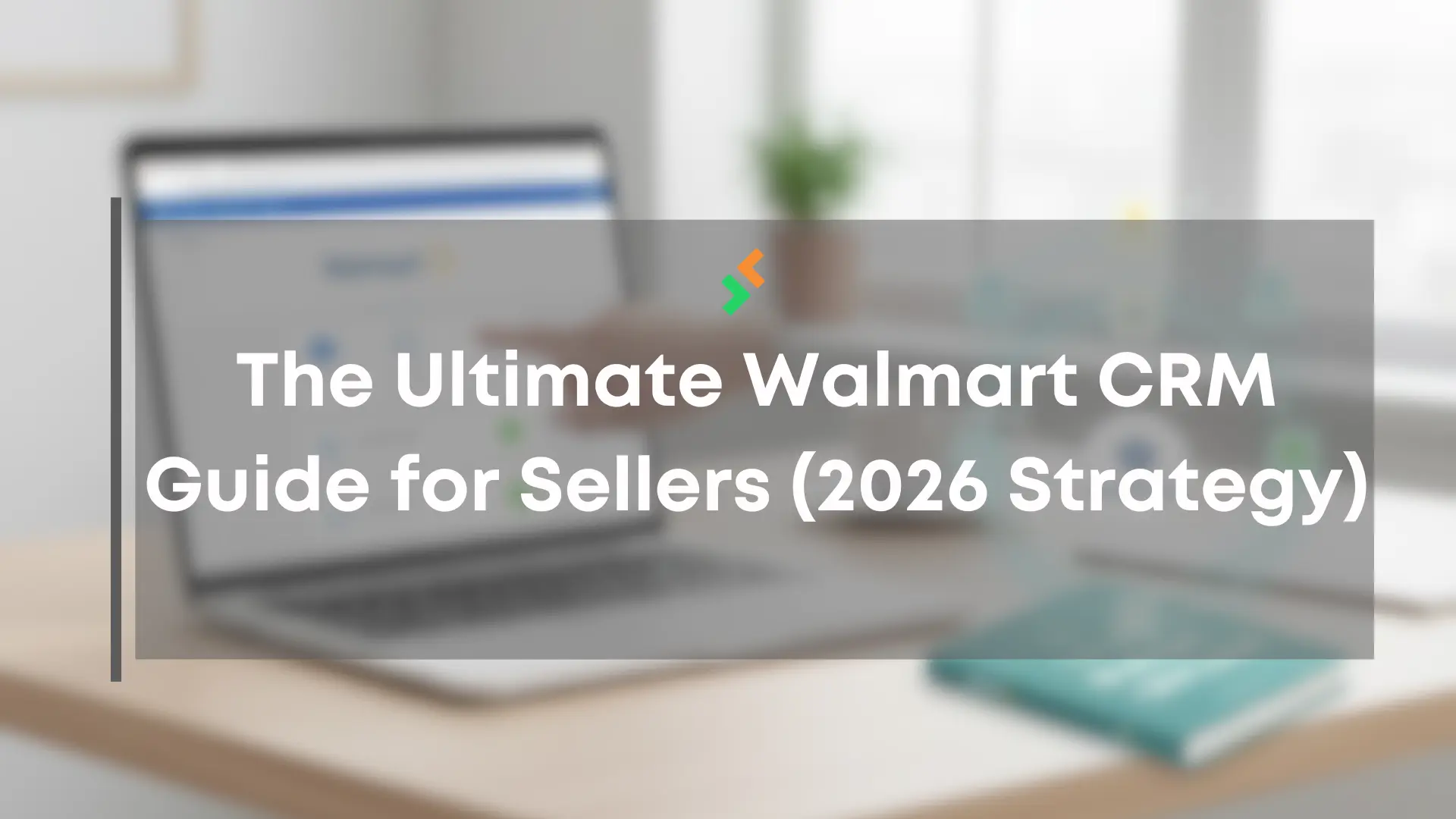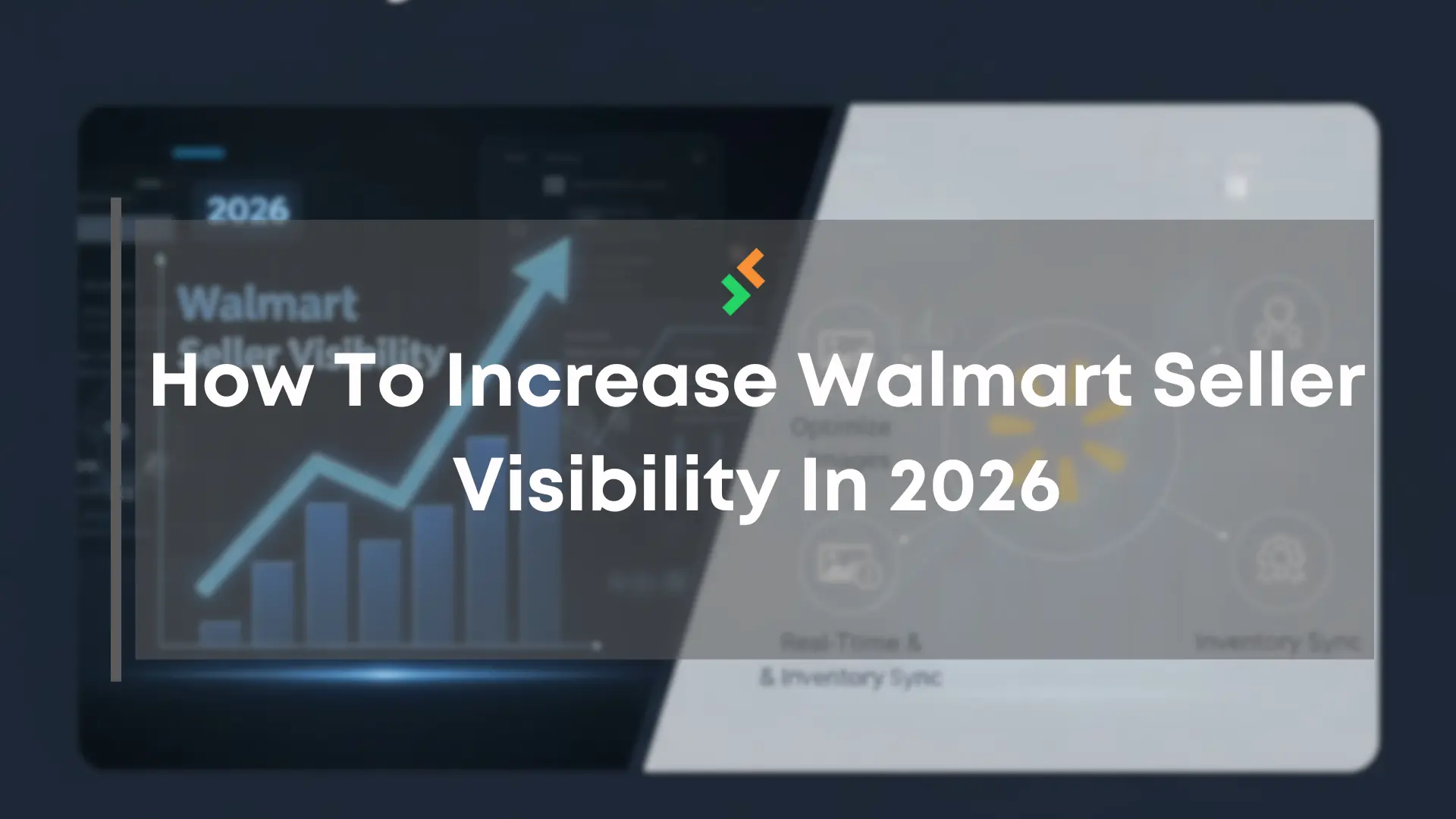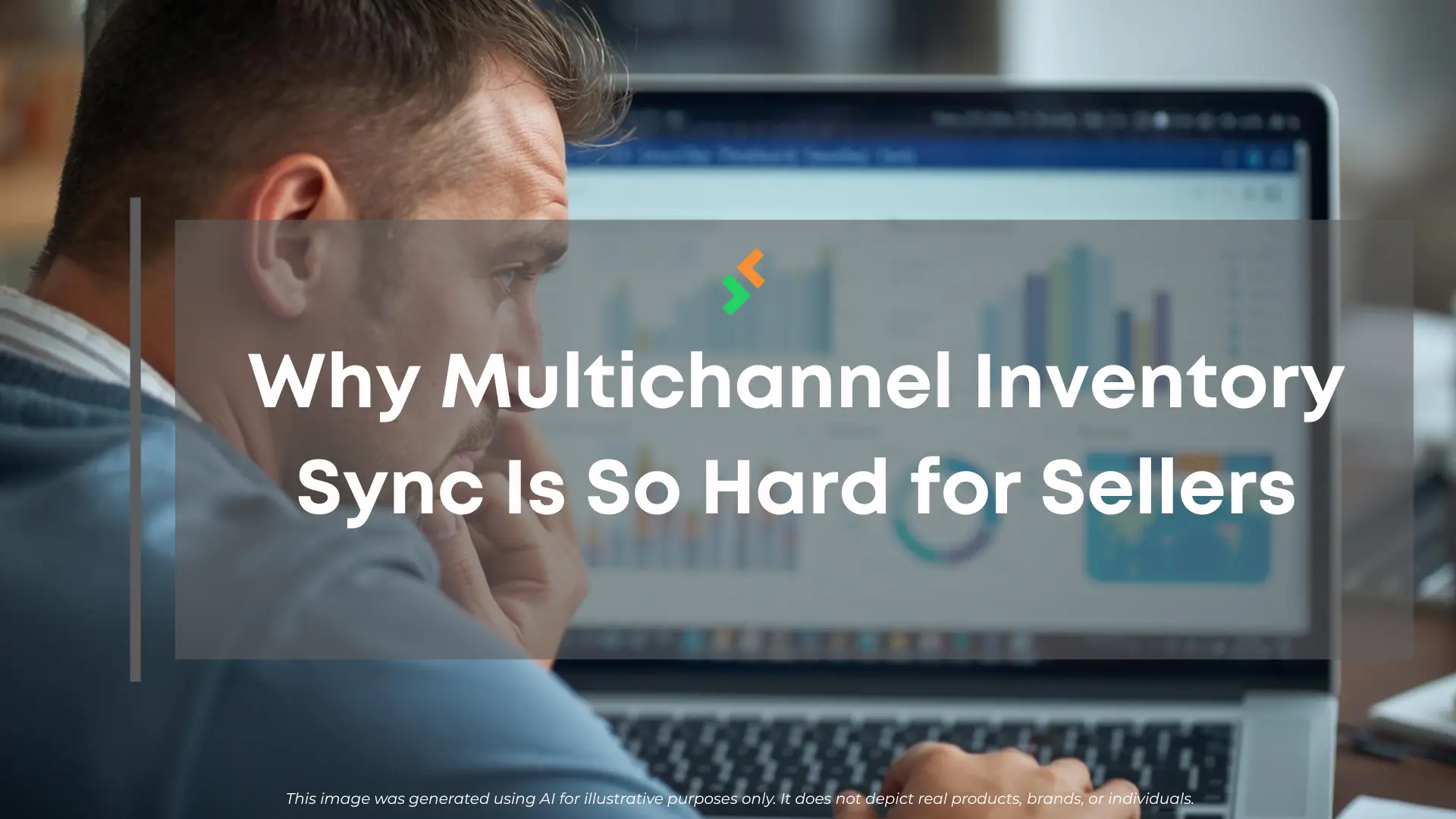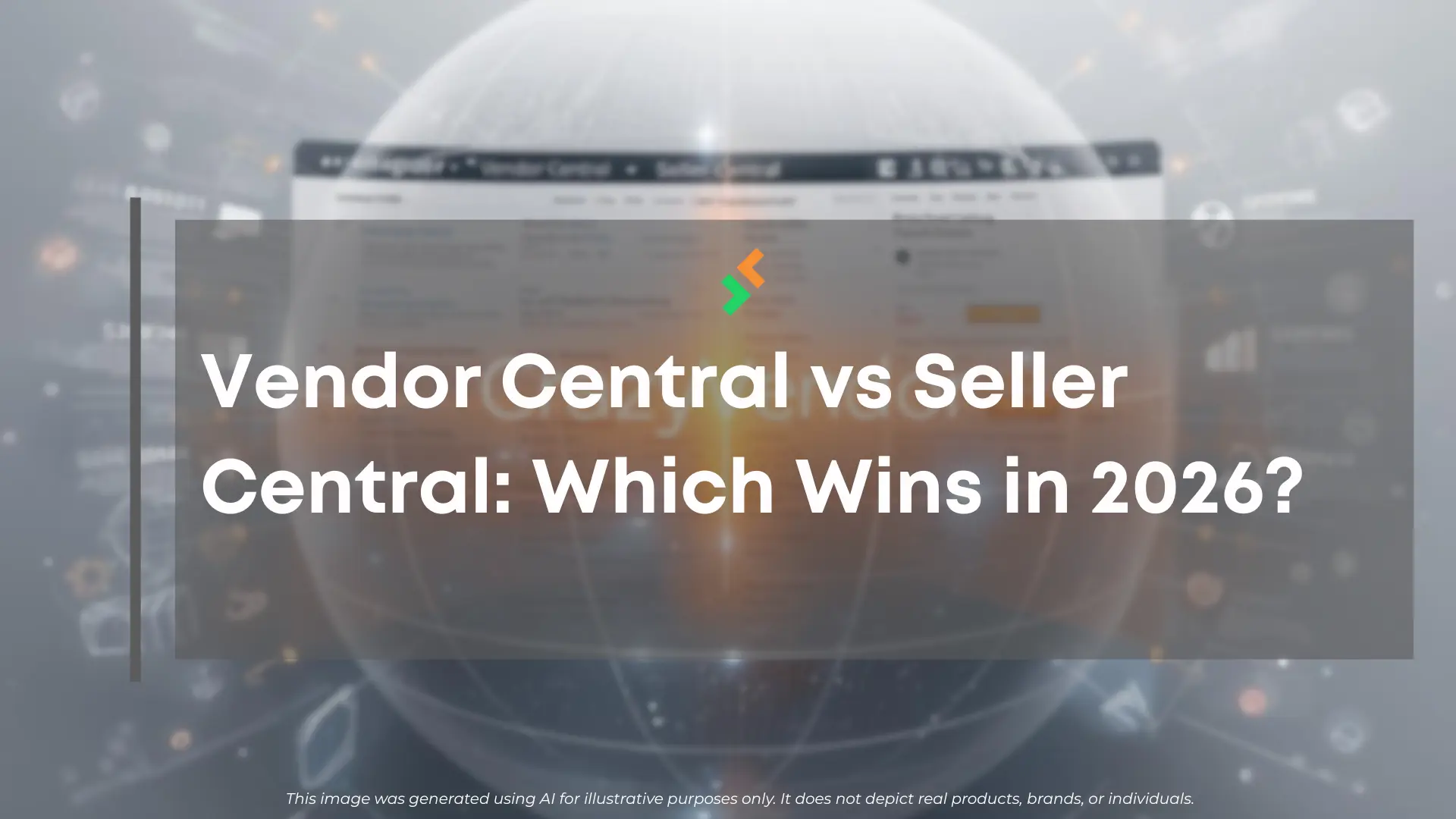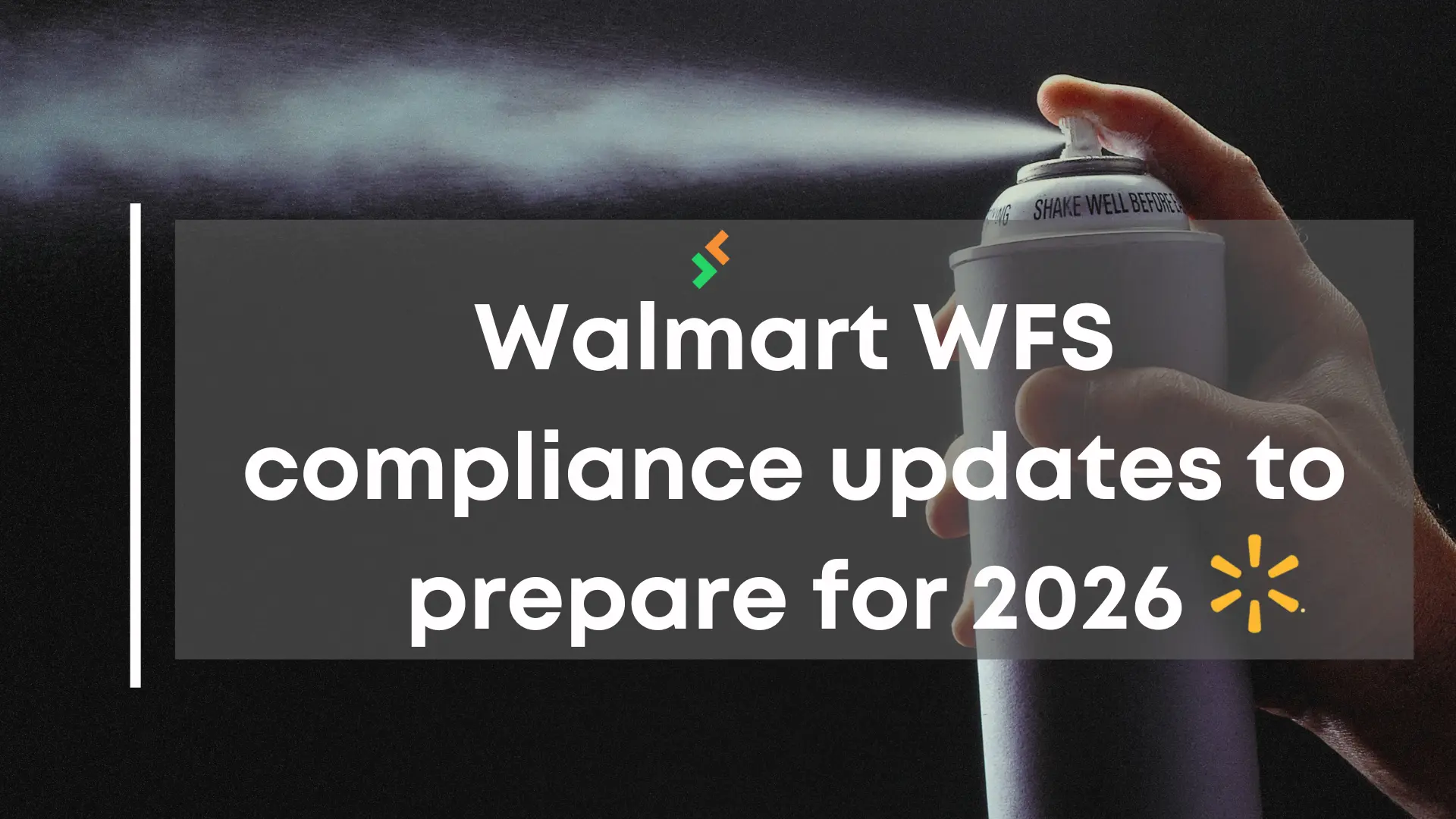
Walmart adjusted its WFS compliance requirements in September 2025, with new prompts for chemicals, aerosols, and pesticides. These updates are already reshaping seller operations. The bigger shift is that they set the tone for 2026, when Walmart is expected to tighten intake reviews and seller performance standards further. If you are searching for walmart wfs compliance 2025 guidance, you also need a forward-looking plan. This guide explains what changed, what it means for 2026, and how to adapt with confidence.
For the official compliance list and updated requirements, see WFS Hazardous Materials Item Setup on Walmart Marketplace Learn.
Table of Contents
What the latest WFS compliance changes mean
Hazmat prompts in item setup
Walmart now asks sellers to declare if an item is or contains chemicals, aerosols, or pesticides. Batteries must also be identified during setup. These prompts trigger reviews that decide WFS eligibility.
Pesticide claims under scrutiny
Products making antimicrobial or disinfectant claims can be flagged as pesticides, making them ineligible for WFS. This is one of the biggest pitfalls under walmart wfs compliance 2025.
Extra fees for flagged items
Hazardous items may bring additional WFS handling fees. These must be calculated into your margins or risk eroding profitability.
Why compliance will be critical in 2026
Stricter reviews expected
The September 2025 update signals a future where every hazmat-adjacent item goes through faster, automated checks. Preparing in advance makes approvals smoother.
Performance standards tied to compliance
Non-compliant items can lead to blocked listings, slow receiving, and negative seller metrics. These penalties can harm long-term visibility.
Trust and scale
Demonstrating strong compliance is not just about avoiding penalties. It proves reliability to Walmart, which helps scale operations across new categories.
Step-by-step compliance checklist
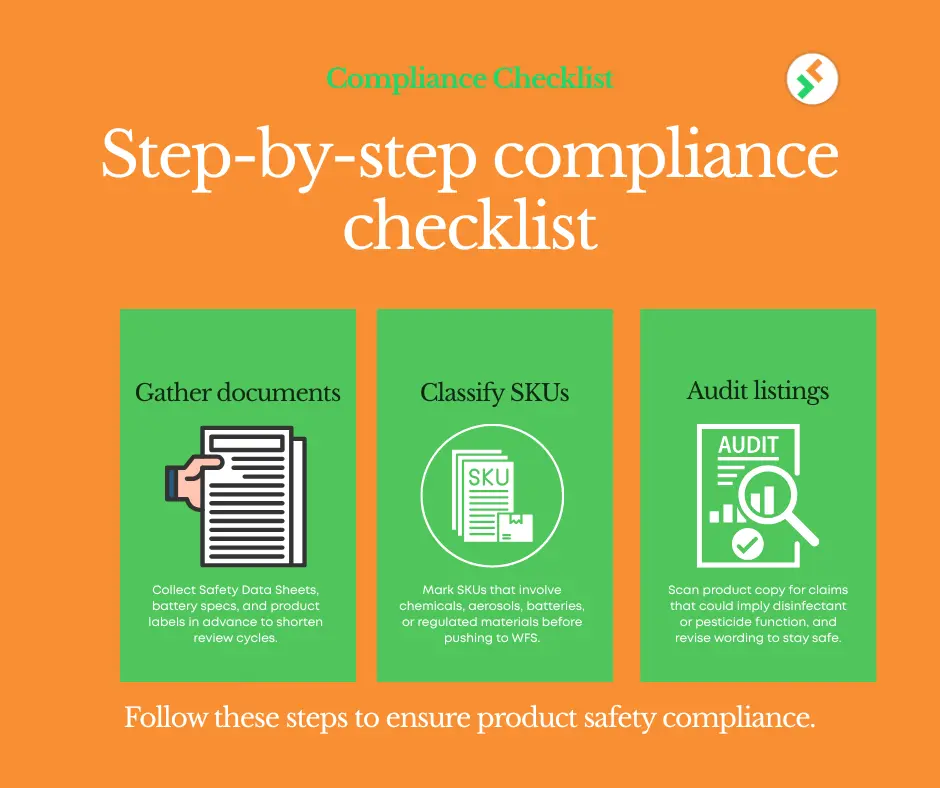
Gather documents
Collect Safety Data Sheets, battery specs, and product labels in advance to shorten review cycles.
Classify SKUs
Mark SKUs that involve chemicals, aerosols, batteries, or regulated materials before pushing to WFS.
Audit listings
Scan product copy for claims that could imply disinfectant or pesticide function, and revise wording to stay safe.
Avoiding pitfalls with pesticides and aerosols
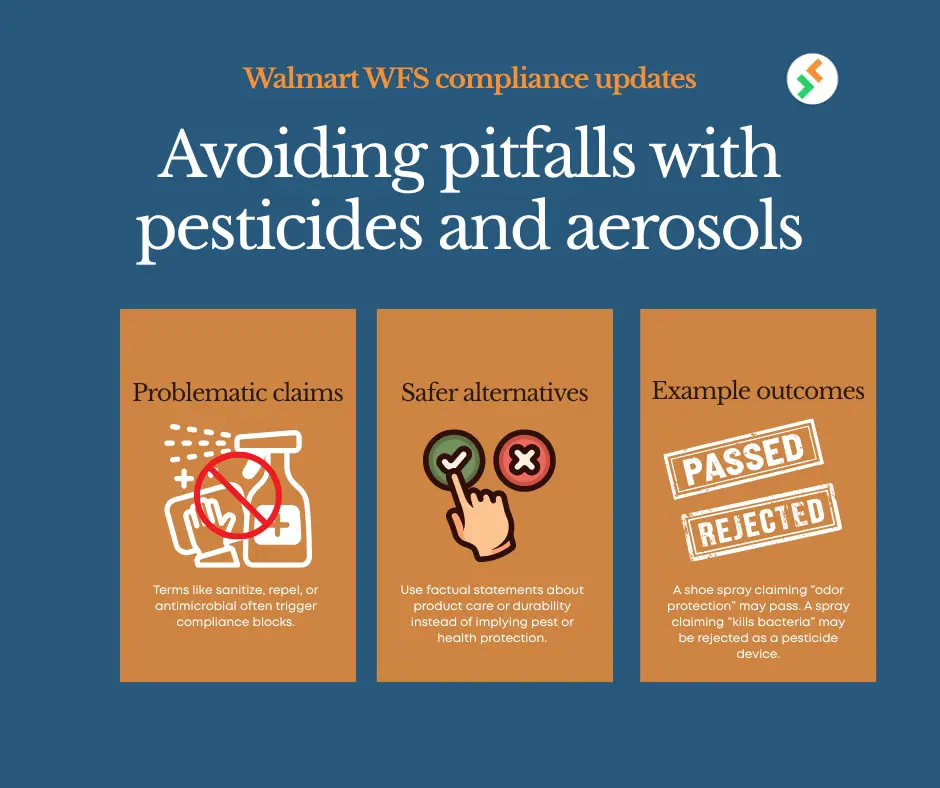
Problematic claims
Terms like sanitize, repel, or antimicrobial often trigger compliance blocks.
Safer alternatives
Use factual statements about product care or durability instead of implying pest or health protection.
Example outcomes
A shoe spray claiming “odor protection” may pass. A spray claiming “kills bacteria” may be rejected as a pesticide device.
How tech simplifies WFS compliance
Managing compliance across hundreds of SKUs is stressful. Manual tracking, inconsistent attributes, and slow customer replies often cause bigger risks than the policy itself. Sellers need tools that make compliance simpler—and CrazyVendor has that.
Centralize attributes
Keeping hazard data accurate across listings is tough when using spreadsheets. With Multichannel Listings, you can centralize size, weight, and compliance notes, then push clean data into Walmart and other channels without constant manual edits.
Automate updates
When items are held for review, customers ask about delays. Handling these one by one eats hours. With Customer Service Management, you can automate order updates, shipping notes, and delay alerts. Buyers stay informed while your team avoids ticket overload.
Match shipping promises
Promise dates impact compliance directly. If you miss them, penalties follow. With Shipping Management, sellers can set accurate SLAs, add safety buffers, and stay protected when WFS routing slows down.
Managing customer expectations
Customer frustration grows fast when compliance delays orders. If you don’t control the message, reviews suffer. That’s why it pays to manage expectations—and CrazyVendor has that.
Pre-purchase clarity
Add storage and safety notes to PDPs and automate these notes into order confirmations. It builds trust and prevents confusion.
Delay handling
When a product is held for review, send a quick update to buyers so they know what’s happening. Automated SLAs prevent negative reviews.
Faster resolution
Escalate flagged orders early through proactive communication. With Customer Service Management, you can auto-send explanations and keep buyers calm until the item ships.
Profit planning under compliance pressure
Compliance costs stack up in ways many sellers underestimate. Hazmat fees, removals, and returns eat into margins—and most sellers don’t track them closely. This is where smarter analytics make the difference, and CrazyVendor has that.
True margin checks
Model scenarios where hazmat fees or removal fees apply. See if items still meet profit targets.
Refund and return patterns
Track which products generate refunds due to compliance. Remove or re-position them to cut losses.
Use analytics for better calls
With Profit Analytics, you can see how walmart wfs compliance 2025 impacts SKU profitability and decide which products remain viable.
Preparing for 2026
The best compliance programs are not reactive; they are proactive. As Walmart tightens standards in 2026, sellers who plan weekly checks and playbooks will scale faster. CrazyVendor can help you make compliance a system, not a scramble.
Weekly pre-flight reviews
Audit safety documents, keywords, and templates before submitting new items to WFS.
Governance rules
Lock sensitive attributes in your catalog and review changes with multi-person approval before pushing live.
SOPs for exceptions
Have a plan for “blocked listings” or “delayed receiving.” Tie this to alerts and auto-messages with Customer Service Management to protect buyer trust.
FAQs on walmart wfs compliance 2025
Do all aerosols require review?
Yes. All aerosol items must be declared and will be checked.
Can pesticide devices be WFS eligible?
No. Any product making pesticide claims is not allowed under WFS.
Where can I find the official compliance list?
You can always check Walmart’s Marketplace Learn compliance guides for the most updated rules.
Conclusion
Compliance changes introduced in September 2025 will carry into 2026 with stricter checks and closer ties to seller performance. Sellers who treat walmart wfs compliance 2025 as a foundation for 2026 will be better equipped to scale without delays or profit loss. Build compliance into your daily workflow now, and let CrazyVendor make it easier to stay ahead.

